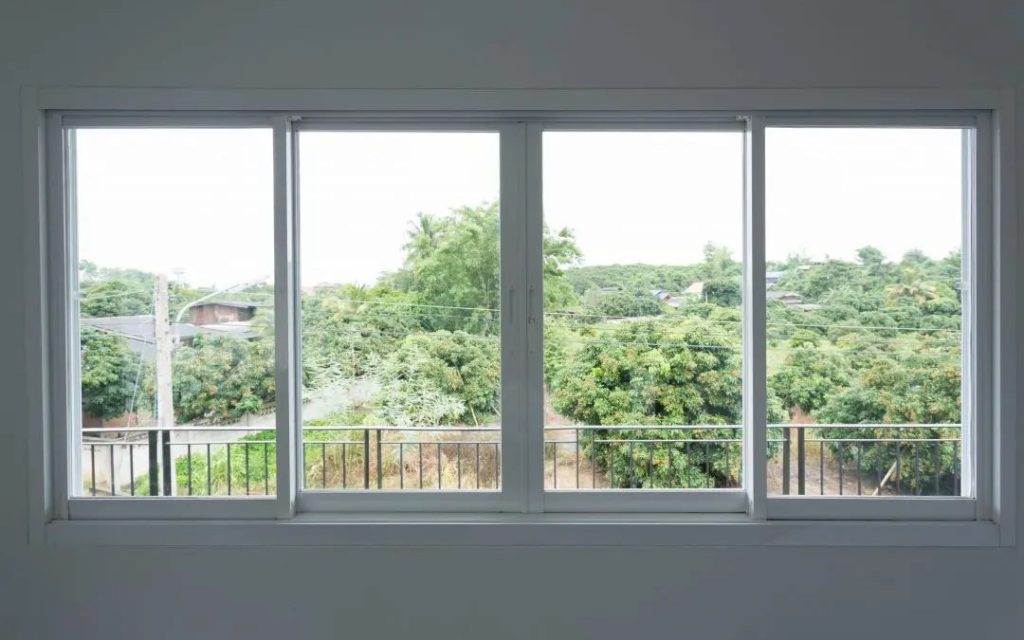What Are The Disadvantages Of Triple Pane Windows?
Discover the drawbacks of triple pane windows, including high cost, increased weight, and condensation issues. Make an informed decision for your home.
What Are The Disadvantages Of Triple Pane Windows? Read More »


